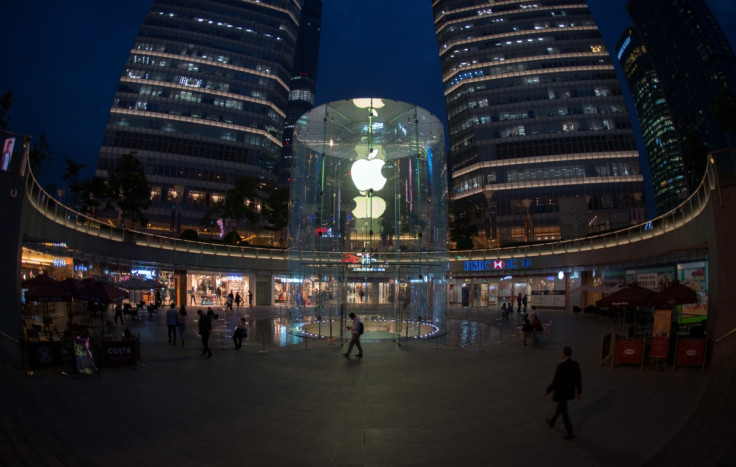Apple discloses details about its controversial data centres in China

Amidst the dispute with the FBI over user data encryption, Apple has revealed new details about its data centres located in China. The company has agreed to Chinese government requests such as using China-based data centres and incorporating a Wi-Fi standard. China, one of the key markets for Apple, accounts for a quarter of the company's revenue.
Apple, in its court documentation filed recently, tried addressing these concerns in preparation for the hearing in the case brought by the Federal Investigation Bureau (FBI). The US intelligence and security service is seeking the court's approval to unlock an iPhone used by one of the terrorists in the San Bernardino attack on 2 December in 2015 in which 14 people were killed and 22 people were seriously injured.
Apple boss Tim Cook in a message posted on the support site noted saying, "Specifically, the FBI wants us to make a new version of the iPhone operating system, circumventing several important security features, and install it on an iPhone recovered during the investigation. In the wrong hands, this software — which does not exist today — would have the potential to unlock any iPhone in someone's physical possession."
"The FBI may use different words to describe this tool, but make no mistake: Building a version of iOS that bypasses security in this way would undeniably create a backdoor. And while the government may argue that its use would be limited to this case, there is no way to guarantee such control," Cook added.
According to a Financial Times report, Apple attorneys said its servers in China stored encrypted user data. The servers were in that country to reduce lag-time for users. The attorney said the data centre stored data of Chinese users only.
Since 2014, Apple started storing data for users in China in local servers. Craig Federighi, head of software engineering at Apple, said the company has provided an unmodified iPhone as part of the regulatory process and has never shared the source code of the device with the government.
The Chinese government had requested Apple for data of more than 4,000 devices during the first half of 2015. In comparison, the company received 9,000 requests during the same period, from the US.
The Department of Justice (DoJ) has accused Apple of providing details about data centresin China. In a court filing, Federighi has said the company has not made user data available for any government.
He said in a statement, "Apple has never made user data, whether stored on the iPhone or in iCloud, more technologically accessible to any country's government. It is my understanding that Apple has never worked with any government agency from any country to create a 'backdoor' in any of our products or services."
Explaining the need for encryption Cook said, "All that information needs to be protected from hackers and criminals who want to access it, steal it, and use it without our knowledge or permission."
"Compromising the security of our personal information can ultimately put our personal safety at risk. That is why encryption has become so important to all of us."
He added, "For many years, we have used encryption to protect our customers' personal data because we believe it's the only way to keep their information safe. We have even put that data out of our own reach, because we believe the contents of your iPhone are none of our business."
© Copyright IBTimes 2025. All rights reserved.





















